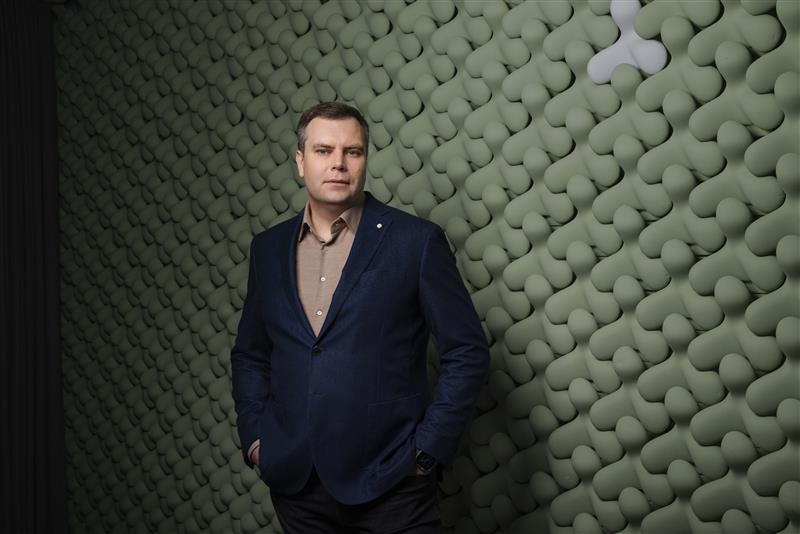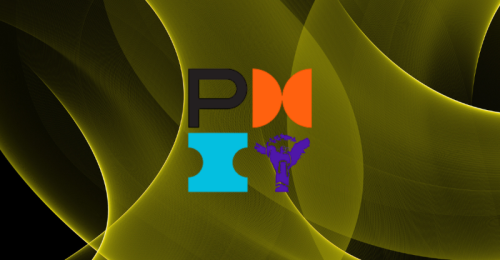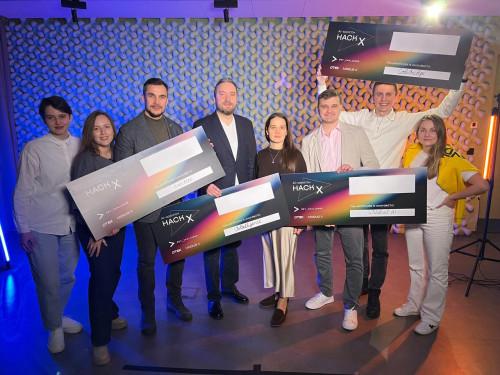

What should businesses look out for in 2025?
What Should Businesses Do to Keep Up in 2025? Artificial intelligence, cybersecurity, and alternative energy — these are just the tip of the iceberg of changes shaping new business rules. In his column for "Interfax-Ukraine," MODUS X CEO and DTEK CIO Dmytro Osyka identified five key trends that will define the future of modern business.
Artificial Intelligence: Tool or Challenge?
AI is becoming an integral part of business operations, but along with its opportunities, it raises complex questions.
"Should a person be replaced if AI can do their job? What makes your product unique — the creative work of humans or the fast yet derivative output of AI?" asks Dmytro Osyka.
Integrating AI optimizes processes, reduces costs, and accelerates work. However, businesses will need to navigate new ethical dilemmas.
Cybersecurity: Hackers Use AI Too
- Modern cyberattacks are becoming increasingly sophisticated, with AI emerging as both the main weapon and defense in the battle for data security.
2. "Data security isn’t just a technical task; it’s a matter of customer trust."
3. A comprehensive approach to protection, combined with analytics and rapid response, will be a must-have for businesses in 2025.
Alternative Energy: Reaching New Heights
The development of small modular reactors and renewable energy sources is a trend that is becoming increasingly important.
"Small reactors are more accessible, they can be placed where it is impossible to build a large nuclear power plant. They will become an important resource of the future, "said Dmytro Osyka.
For Ukraine, this direction is a strategic challenge and an opportunity to strengthen energy independence.
Robots: allies or competitors?
Autonomous systems are already transforming production, logistics and data analysis. Those who can quickly integrate robotic solutions will gain an undeniable advantage.
Digital doubles and XR: tests in virtual reality
Digital twins allow companies to test ideas and optimize processes at no extra cost.
"We introduce innovations such as digital doubles for energy networks and oil fields so that business can effectively test ideas without unnecessary costs," says Osyka.
Technological trends create new challenges, but at the same time open up many opportunities.
"My team and I always closely monitor technological innovations to understand how MODUS X can become even more productive thanks to innovation," concludes Dmytro Osyka.


